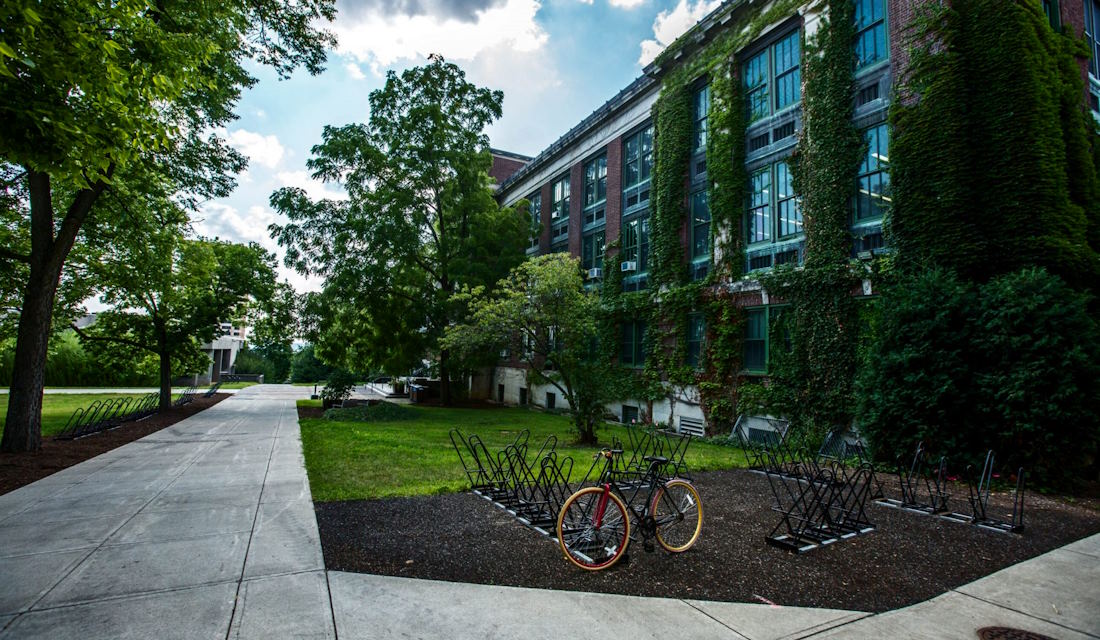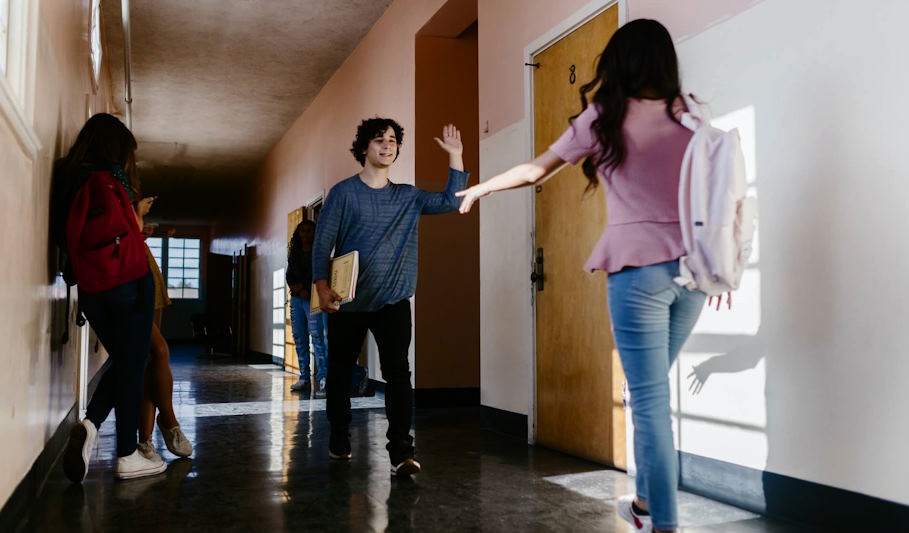
The Power of Student-Led Initiatives in Transforming Campus Culture
Campus culture stands as the heartbeat of any educational institution, influencing the academic, social, and personal experiences of its community members. The dynamic nature of modern society requires campuses to adapt continually, fostering an environment that not only meets the diverse needs of students but also promotes inclusivity, innovation, and positive well-being. In this context, the emergence and impact of student-led initiatives have become pivotal in reshaping and rejuvenating campus culture.
The Rise of Student-Led Initiatives: Igniting Change on Campus
Examples of successful student-led initiatives on campuses:
Across the nation, students are proving to be architects of positive change within their campuses through a myriad of impactful initiatives. From sustainability drives to mental health awareness campaigns, student-led projects are transforming abstract ideas into tangible results. One notable example is the “Green Campus Initiative,” spearheaded by environmentally conscious students determined to make their campus more sustainable. Their efforts led to the implementation of recycling programs, energy-efficient practices, and community gardens, illustrating how student-led initiatives can not only raise awareness but also drive practical, eco-friendly solutions.

Empowerment and engagement of students in campus activities:
Student-led initiatives are not just about addressing specific issues; they are a means of empowering individuals to become active contributors to their campus community. These initiatives provide platforms for students to voice their concerns, share their passions, and actively participate in shaping the environment they inhabit. Whether through organizing cultural events, establishing student clubs, or initiating dialogue on pressing matters, students are becoming key stakeholders in the very fabric of campus life.
The impact of student-led initiatives on the overall campus atmosphere:
As these initiatives gain momentum, their impact reverberates far beyond their immediate objectives. They infuse campuses with a renewed sense of vibrancy, fostering a culture of collaboration, inclusivity, and civic responsibility. The ripple effects extend to academic achievements, social cohesion, and the overall well-being of the student body. Student-led initiatives create a positive feedback loop, inspiring others to join in, thus perpetuating a cycle of continual improvement and transformation in the campus atmosphere. In this way, students are not merely recipients of their education; they are active architects shaping the ethos of their academic homes.

Benefits of Student-Led Initiatives: Nurturing Campus Well-being
Fostering a sense of community and belonging:
Student-led initiatives are the bedrock of a thriving campus community, knitting together individuals with shared interests and common goals. Whether it’s a cultural club celebrating diversity or a volunteer group dedicated to community service, these initiatives create spaces where students find kindred spirits, forging connections that extend beyond the classroom. The sense of belonging cultivated in these environments is a powerful antidote to the potential isolation often felt by students in the vast sea of academia, fostering a campus culture where everyone has a place and a purpose.
Developing leadership skills among students:
The crucible of student-led initiatives is where leaders are forged. These endeavors provide fertile ground for students to hone their leadership skills, from project management and decision-making to effective communication and teamwork. Steering initiatives, whether big or small, instills a sense of responsibility and resilience, preparing students for the challenges they’ll face in their academic and professional journeys. Through these experiences, students not only discover their own leadership potential but also cultivate the ability to inspire and guide their peers.








